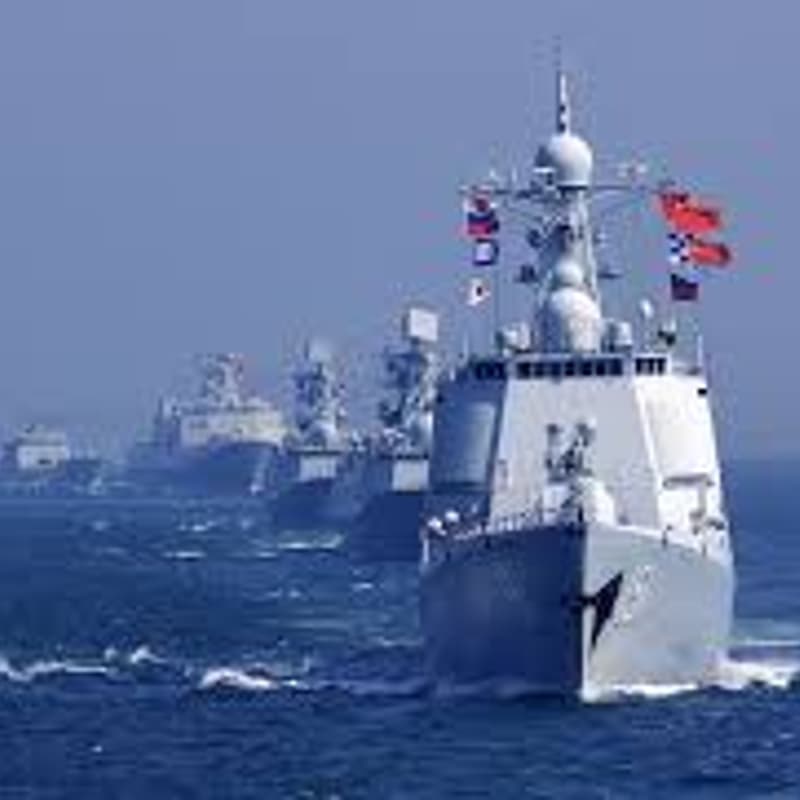

Pacifica Means Peace – Hacking the Present to Create Alternative Futures
Pacifica Means Peace is a project dedicated to envisioning a future of peaceful coexistence between the USA, China, and the other countries in the Pacific Rim. The project uses a participatory futures approach to explore the futures we collectively wish to avoid and those we aspire to create.
The stakes in fostering a peaceful future between these two great powers couldn’t be higher. Cooperation between the USA and China would advance global efforts in science, trade, and addressing shared challenges like climate change, creating pathways for mutual growth and shared prosperity. Conversely, ongoing conflict—whether in the form of trade wars, cultural disconnects, or real war—would be deeply damaging, halting progress and amplifying global instability with no real victors.
To begin breaking down the rigid narratives that tend to default to conflict, Pacifica Means Peace engages participants in envisioning alternative futures through a series of structured workshops.
Next Experiment
This next experiment will use the mutational approach to exploring peace in the pacific through an online participatory futures engagement.
The process will follow the same steps that we took in the last workshop:
Familiarisation
Mutation
Exploration
Significance
Using the Metaphor of Trip Hazards
We’ll be using the metaphor of trip hazards to identify potential events or dynamics that would lead to "pathological path dependencies", e.g. hardened or locked in trajectories leading us to escalating conflict situations. Instead of looking for historical trip hazards, as we did in the last workshop, this time we’ll be looking for trip hazards that exists today and in the near future.
The three themes where we’ll be looking for trip hazards will be in the areas of:
Climate
Security
And the interface between technological and economic rivalry
These three themes will delve into particularities, for example with climate change we may look at the context of Pacific Island nations, and the power struggles between China and the U.S. The intertwining of climate vulnerability and geopolitical competition has led to limited choices for these nations.
For security we may examine the threat of a blockade of Taiwan. Both Taiwan and China are locked into a trajectory that has made it difficult to resolve their differences, and any significant deviation from this path would require a dramatic shift in long-standing policies and perceptions.
Finally we’ll look at the intersection of technology and economy, as tit-for-tat trade tariffs and technology embargoes are part of an escalation of conflict centred on technological and economic rivalry.
Hacking within the Geopolitical Imaginary
Once we identify the trip hazard in three particular thematic areas, we will then work in groups to “hack” this particular situation, envisioning how we would prefer this particular moment to unfold. After this we will explore what future this hack has led us to, how the "trim tabbing" (path alteration) of this particular situation has led to an alternative future. We will look at what the implications of these insights are for the present.
Details
Event details:
Free event
Limited to 25 participants
Video of the event will be recorded and published
Part of the Pacifica Means Peace Project
Builds on the previous workshop
This workshop is highly experimental, involving a new method of futures exploration (at least for us). We don't completely know exactly how the method will play out in practice, or if it will work.
A more elaborate overview of the evolution of the approach can be found on the Futures Lab blog.